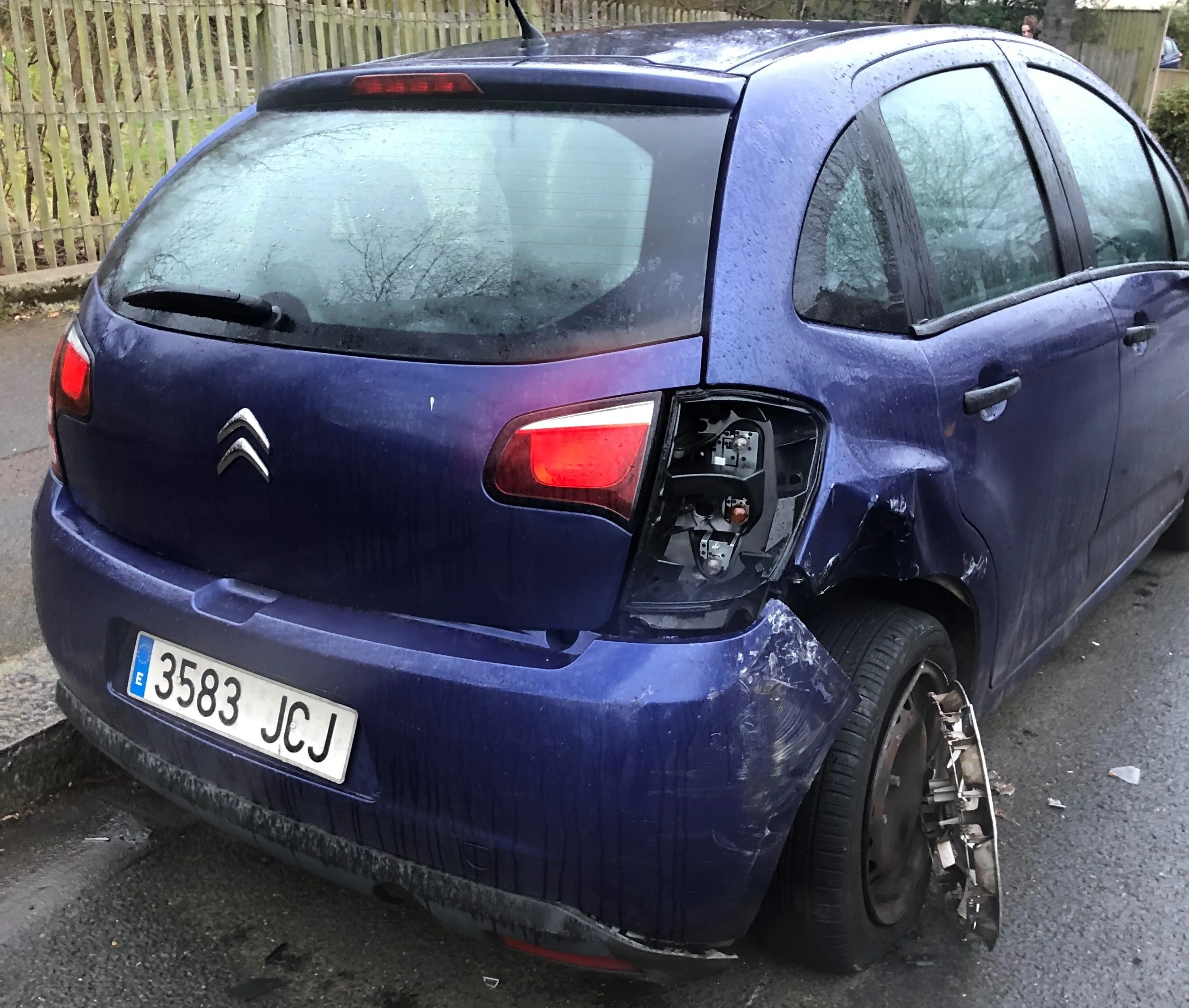The satellite navigation leads me along a series of minor roads until it chirps, "You have arrived at your destination." And there is the sports centre I've been looking for, so I indicate, turn into the entrance and squeeze my car into the last narrow parking space available. I'm here to attend an innovative road safety programme being carried out in the UK on speed awareness. Drivers caught just over the speed limit have the option of points on their license, and subsequent increases in insurance costs, o
February 27, 2012
Read time: 3 mins
The satellite navigation leads me along a series of minor roads until it chirps, "You have arrived at your destination." And there is the sports centre I've been looking for, so I indicate, turn into the entrance and squeeze my car into the last narrow parking space available.
I'm here to attend an innovative road safety programme being carried out in the UK on speed awareness. Drivers caught just over the speed limit have the option of points on their license, and subsequent increases in insurance costs, or attending the course.
I am not here as an observer. The courses are organised nationally and managed by local authorities, with some input, mainly suggestions on content, from the police. A national database is maintained of all those attending the courses, which are run by approved driving examiners. However, there is no direct police involvement in the running of the courses and officers do not attend, unless they themselves have been caught while off-duty. Once a driver's name is on the database it stays there for three years and any subsequent speeding offence in that period will be handled in the conventional manner. It is impossible to fail the course; attendance is the only requirement.
In Kent County, drivers undergo a classroom session with course leaders asking a range of questions on and then discussing accident statistics and risk factors. The attendees are a mixed group with drivers ranging in experience behind the wheel from 6-70 years. Attendees are encouraged to discuss safety risks such as wearing seatbelts, the use of cellphones and of course, excess speed, prompting interesting comments. "I don't wear a seatbelt when I'm driving on country roads," says one. The course leader points out the UK's country roads have the highest accident risk. "I'm an adult, I make my own choices," the man says, prompting a shrug from the course leader who answers, "I'm not a policeman." After the classroom sessions the attendees are split into groups and head out for practical sessions involving time at the wheel. Two attendees are paired up with each instructor, with the attendees driving for a 10 minute assessment, followed by two periods of 20 minutes each. The 20 minute sessions involve driving along various stretches of dual carriageway, busy A-road and narrow country lanes. We are asked to keep a close eye out for the speed limit signs and a few reveal some highly inappropriate limits for certain sections of road. On completing the practical sessions, the attendees return to the sports centre.
In the final classroom meeting, attendees are invited to remember the abbreviation COAST, or concentration, observation, attitude, space and time. That complete, the attendees are given a certificate and are free to go.
This innovative programme has been developed with the aim of reducing speeding, offering a carrot rather than a stick to offenders. And the results show a marked decrease in repeat offending when compared with conventional methods used to tackle speeding too. Just remember, COAST.
I'm here to attend an innovative road safety programme being carried out in the UK on speed awareness. Drivers caught just over the speed limit have the option of points on their license, and subsequent increases in insurance costs, or attending the course.
I am not here as an observer. The courses are organised nationally and managed by local authorities, with some input, mainly suggestions on content, from the police. A national database is maintained of all those attending the courses, which are run by approved driving examiners. However, there is no direct police involvement in the running of the courses and officers do not attend, unless they themselves have been caught while off-duty. Once a driver's name is on the database it stays there for three years and any subsequent speeding offence in that period will be handled in the conventional manner. It is impossible to fail the course; attendance is the only requirement.
In Kent County, drivers undergo a classroom session with course leaders asking a range of questions on and then discussing accident statistics and risk factors. The attendees are a mixed group with drivers ranging in experience behind the wheel from 6-70 years. Attendees are encouraged to discuss safety risks such as wearing seatbelts, the use of cellphones and of course, excess speed, prompting interesting comments. "I don't wear a seatbelt when I'm driving on country roads," says one. The course leader points out the UK's country roads have the highest accident risk. "I'm an adult, I make my own choices," the man says, prompting a shrug from the course leader who answers, "I'm not a policeman." After the classroom sessions the attendees are split into groups and head out for practical sessions involving time at the wheel. Two attendees are paired up with each instructor, with the attendees driving for a 10 minute assessment, followed by two periods of 20 minutes each. The 20 minute sessions involve driving along various stretches of dual carriageway, busy A-road and narrow country lanes. We are asked to keep a close eye out for the speed limit signs and a few reveal some highly inappropriate limits for certain sections of road. On completing the practical sessions, the attendees return to the sports centre.
In the final classroom meeting, attendees are invited to remember the abbreviation COAST, or concentration, observation, attitude, space and time. That complete, the attendees are given a certificate and are free to go.
This innovative programme has been developed with the aim of reducing speeding, offering a carrot rather than a stick to offenders. And the results show a marked decrease in repeat offending when compared with conventional methods used to tackle speeding too. Just remember, COAST.







